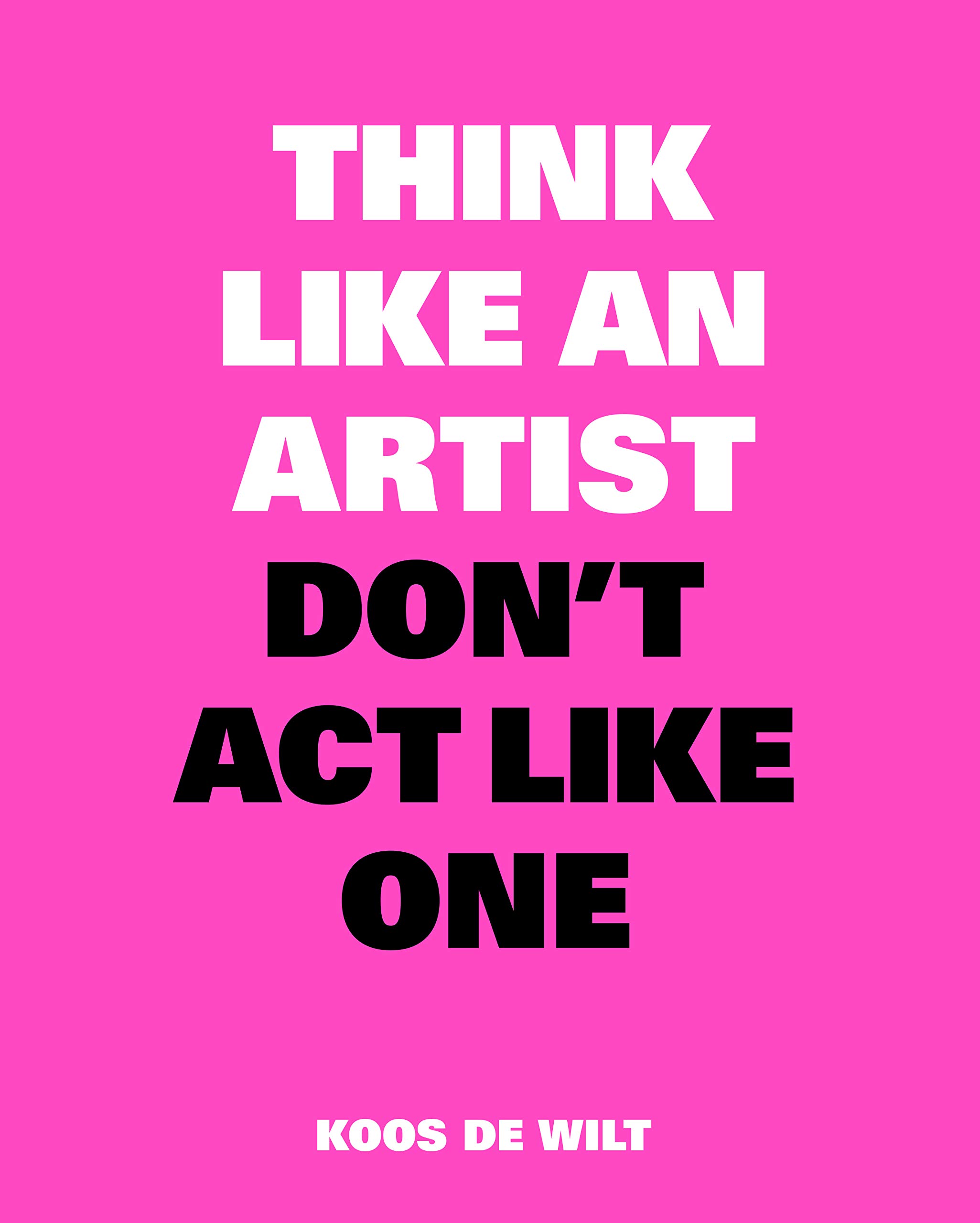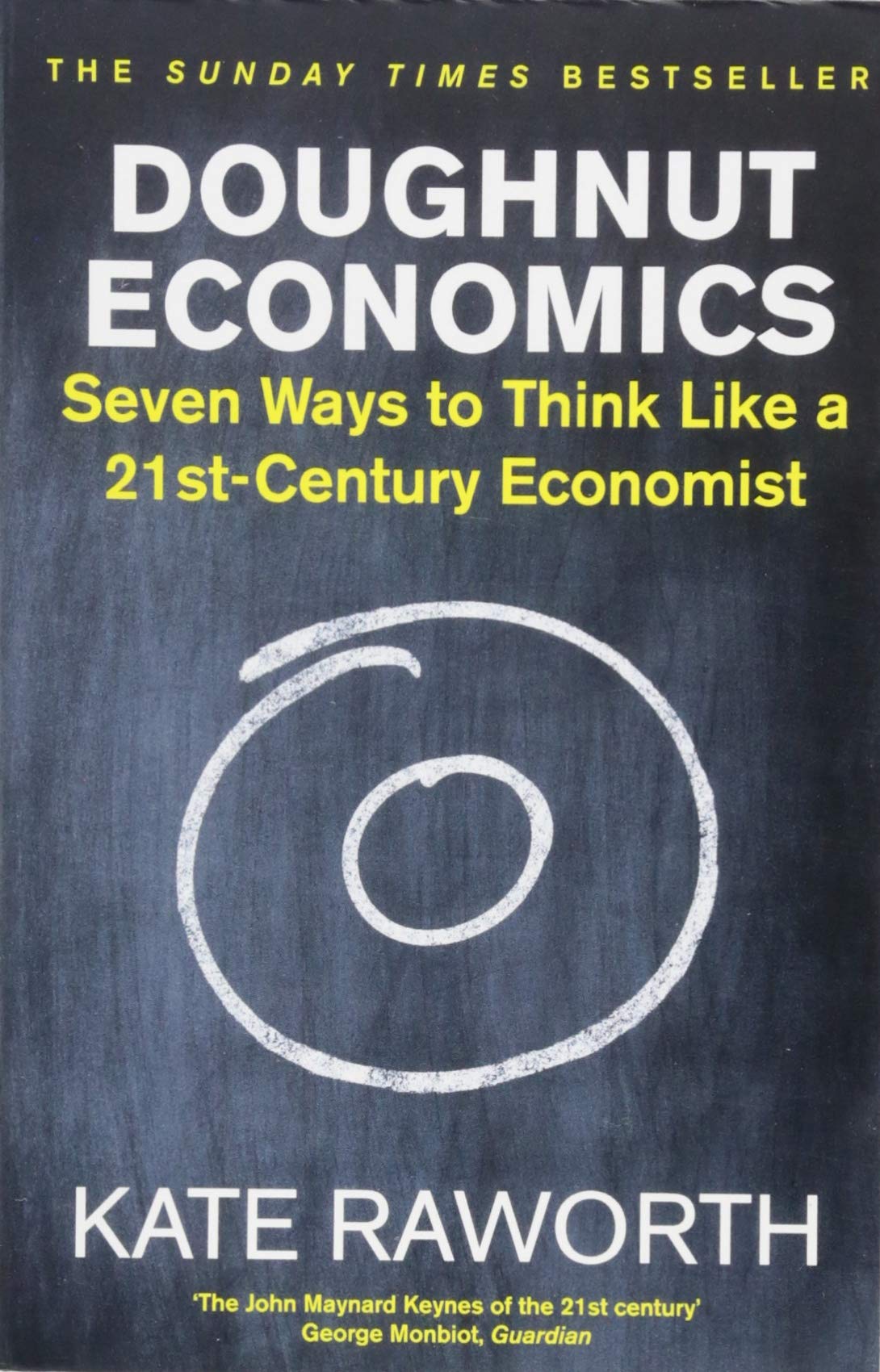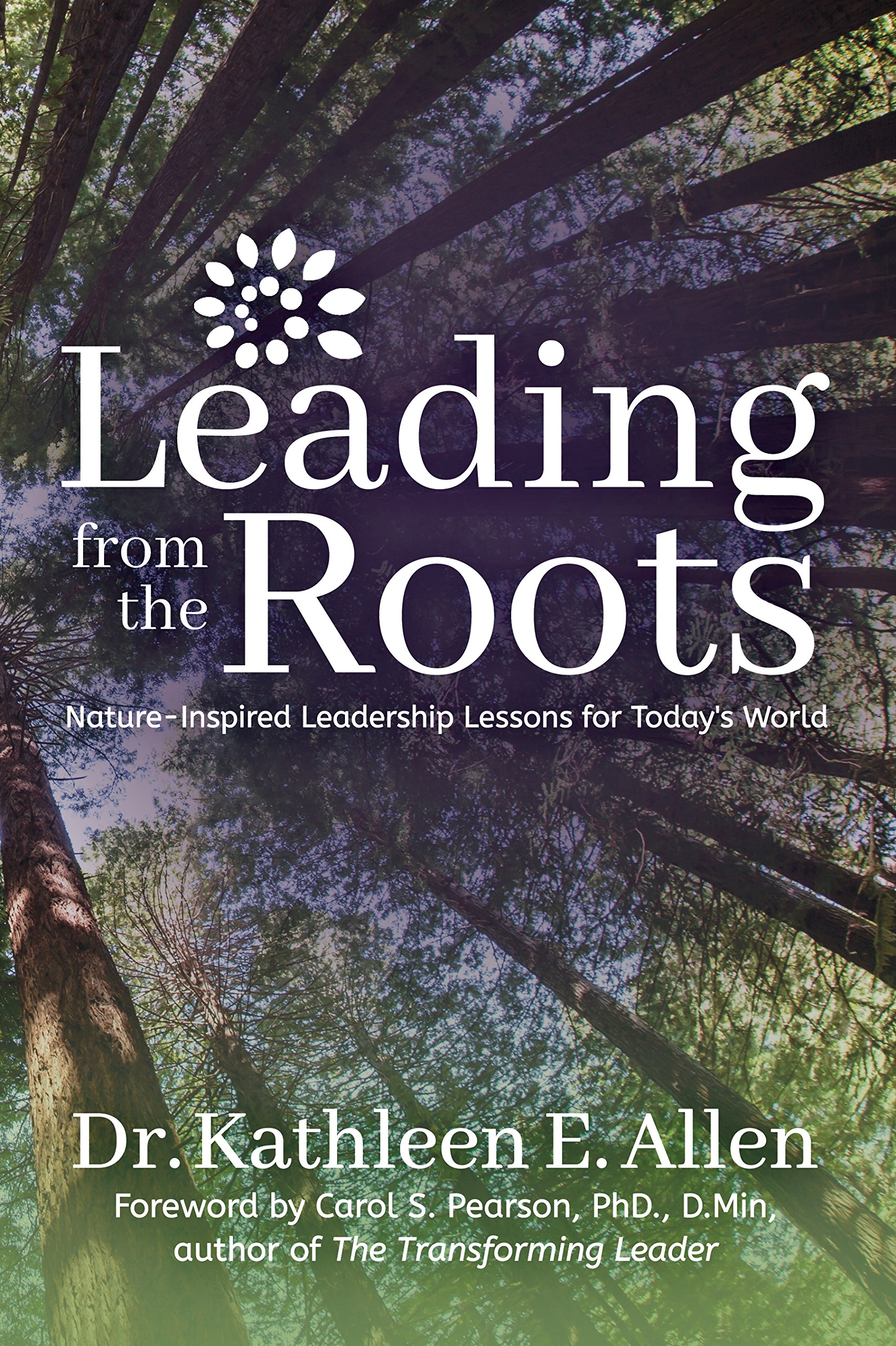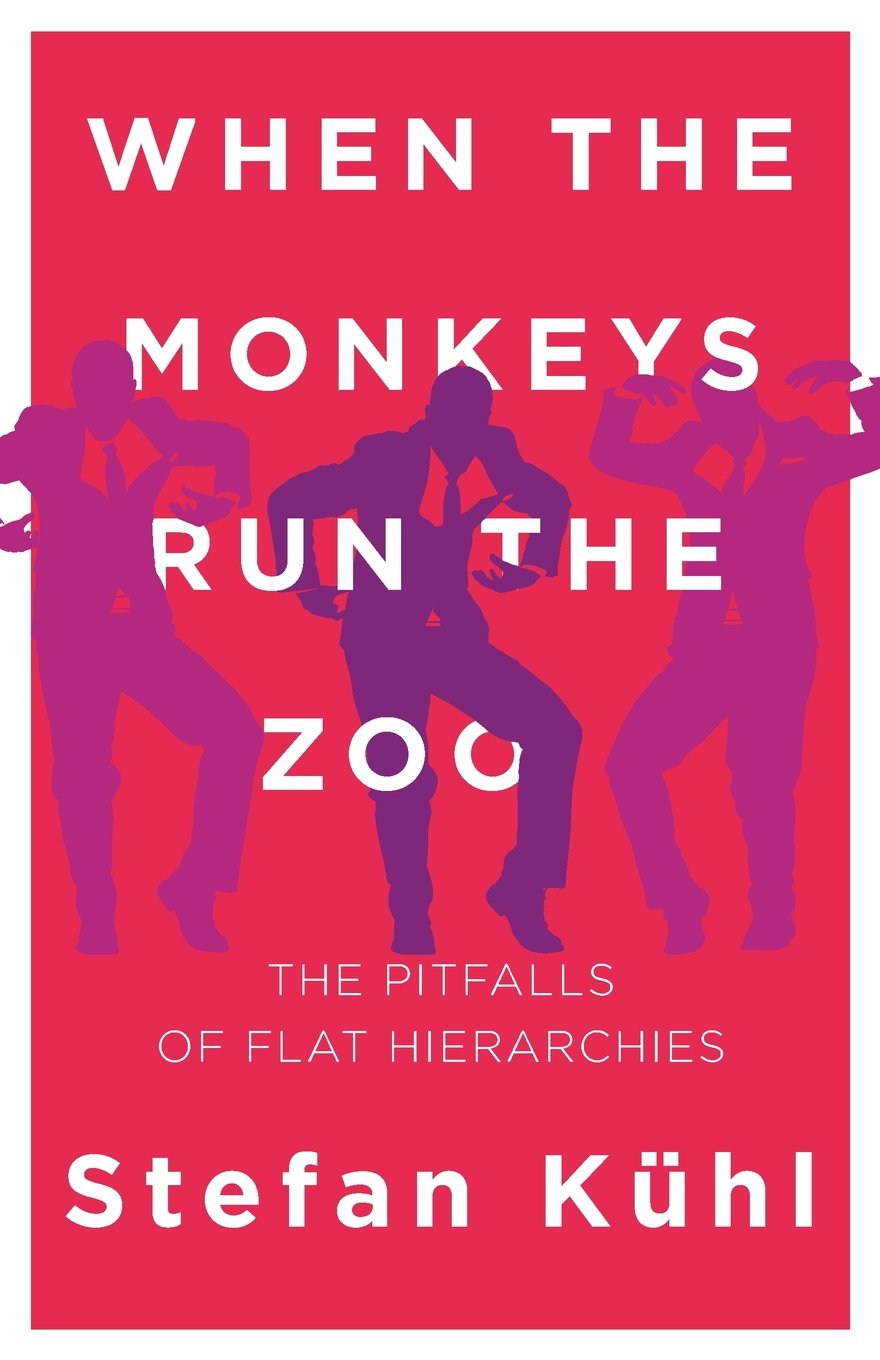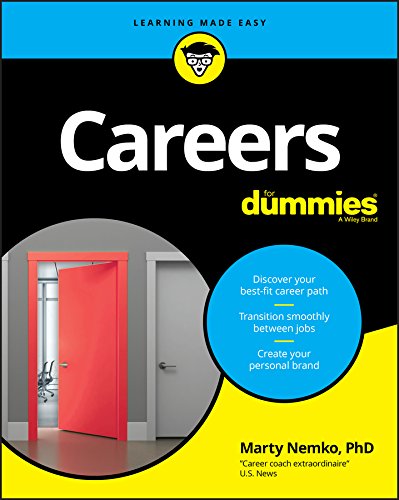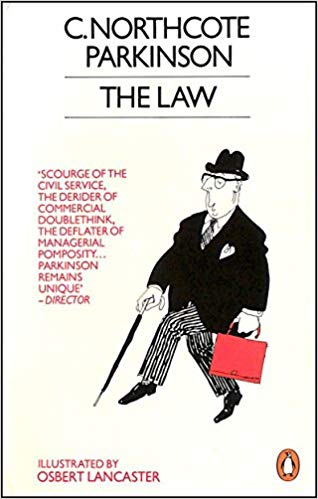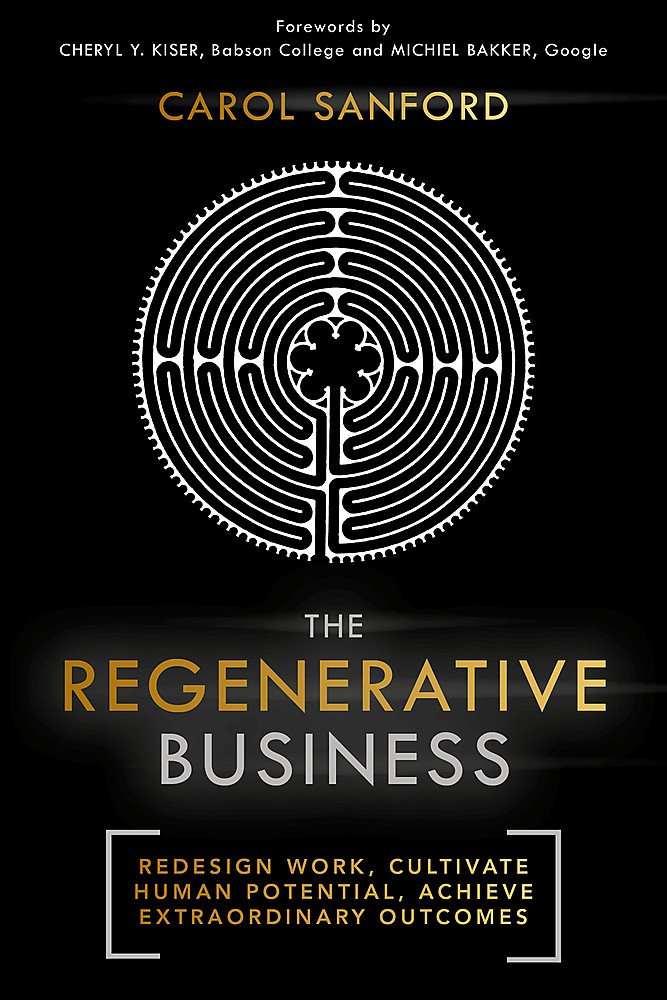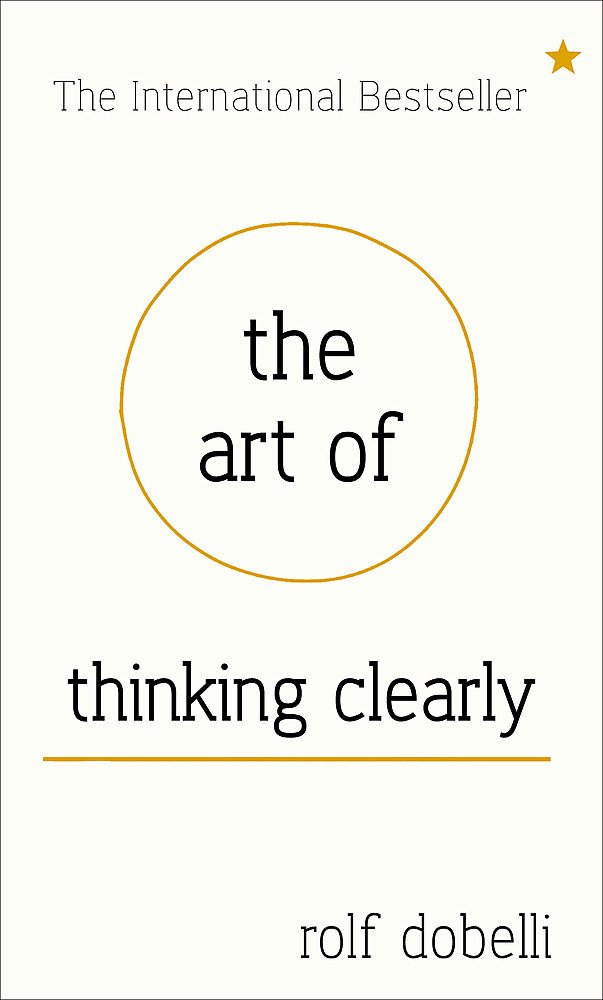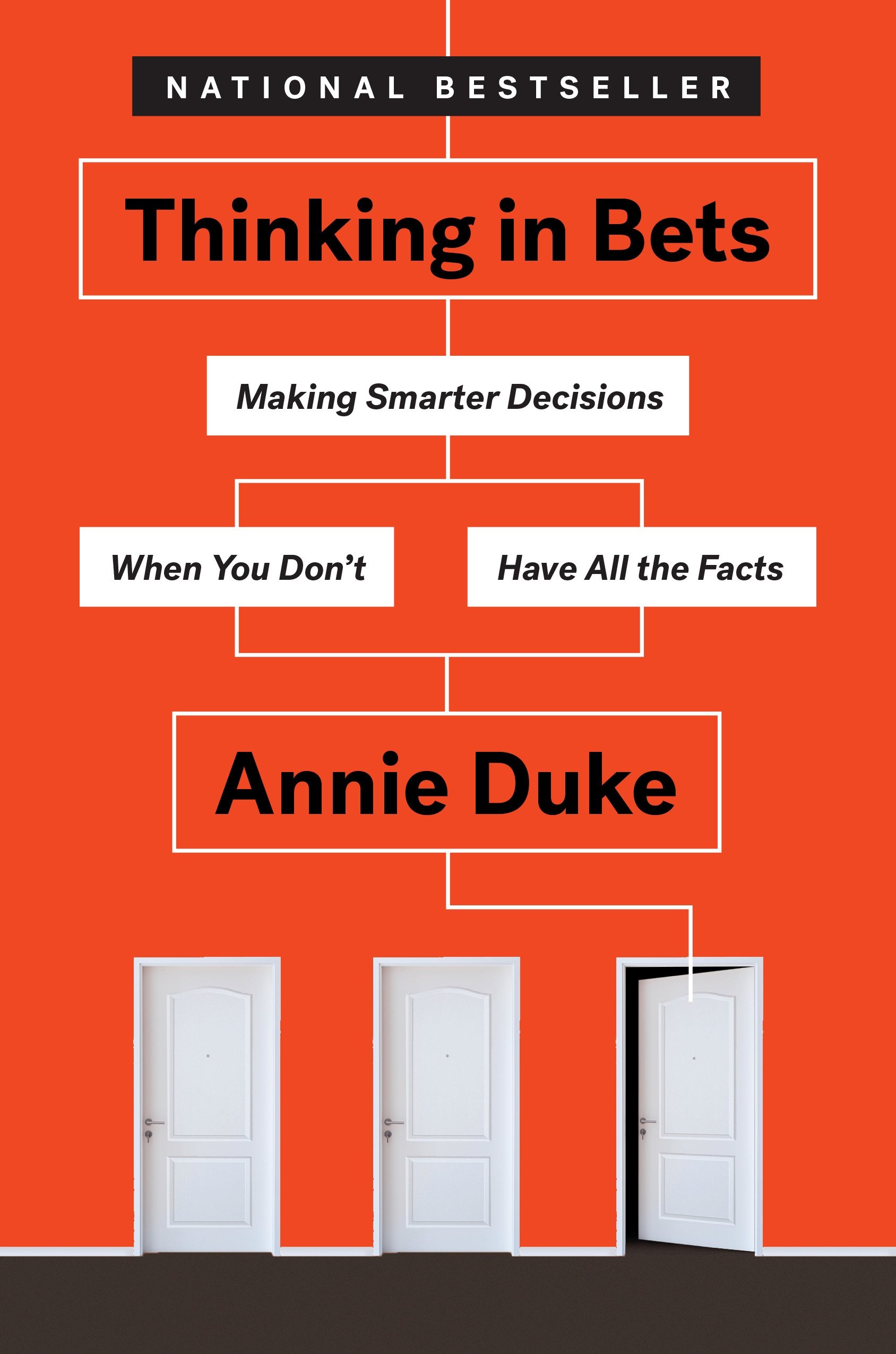The science of art On the scientist/artist scale I am far on the side of science. However, that doesn’t mean that there is nothing to learn from art. If we think of art as a way to represent an aspect of reality, then the chosen medium will alway impose limitations on this representation. The best art finds new ways to overcome these boundaries, taking in new ideas, thoughts and discoveries. It takes sufficiently elaborate mathematics to get perspectives and proportions right, which reflects in renaissance paintings, for example. Yet, modern art brought new forms of abstraction, as artists sought out better ways to depict their message. The creation of art needs a unique worldview, focused, analysing, and abstracting all at once. Unfortunately, this worldview also leads some artist to selling their own canned poop. It would be great to have the visualization and visual communication skills of a painter while keeping a socially acceptable professional behavior, so I was quite thrilled by the title of Think like an Artist, don’t Act like one. It was a little let down for me to find out that de Wilt’s book is just another collection of wisecracking, bon mots and aphorisms about artists…
Modern economics Economics is stupid, remember? It is modeled on ridiculous assumptions like perfectly rational egotistical actors, or efficient and fully transparent markets. It exists in an intellectual bubble where even the most relevant developments made in other fields are dismissed as mere “externalities” unworthy of recognition within economic theory. And it simply does not work, because it provides economists with almost no capability to predict the future development of a market or society, to calculate the effect of a new policy, or to prevent the next crisis. Fortunately, economists start to see it the same way. Doughnut Economics by Kate Raworth pictures a way towards a modern, sensible economic theory. I may be a bit unfair, and there certainly is more to economics than stupid ways to put a price on things. Nevertheless, one central question has always been how to measure or evaluate alternatives, be it on individual or governmental level. And regardless of the particular method of measurement, the “better” choice is defined as the one that yields “more”. More money, more GDP, more status. Economics expects, even demands, not only growth, but ever increasing growth rates. Growth of the growth, if you will. And that can…
Review – Leading from the roots Ah, nature! A term that instantly generates positive emotions, ideas of wholesomeness and a feeling of belonging. And yet it is a thoroughly undefined expression that can mean anything you want, if you add some context. Some of its inferred meanings include literally everything in existence everything not explicitly created by humans everything that exists outside of human settlements everything that exists outside of human settlements but restricted to our planet earth the biosphere (all living things) the biosphere, plus viruses the biosphere, excluding humans the biosphere, plus rivers and mountains only static components of a habitat (trees and rivers and mountains and stuff) plants only The list goes on. The questions what is and what isn’t natural are actually quite interesting from a scientific and philosophical point of view. I spent five years in a lab to create bacteria that produce a protein containing a building block that is no other protein in the world has. All the components I used exist naturally, including the building block (it is just not used as a building block anywhere else). Does that make the resulting bacteria a part of nature? I say yes, but others…
Review – When the Monkeys Run the Zoo Early industrial companies were characterized by a strict hierarchy of power and decision-making competency. Giving employees a say in the company’s strategy would be like having the monkeys run the zoo, an indiscretion voiced by Frank Borman, CEO of Eastern Airlines, from which the book derives its title. The modern company is lean, flat, agile, disruptive, kind, regenerative and decentralized. This creates problems. To be specific, author Thomas Kühn identifies three main dilemmas: The three dilemmas of modern organizations The identity dilemma refers to organizational subunits gaining increased autarky. But as companies dissolve into independent departments, profit centers and teams, it becomes unclear, what is within and without of the organization. This way, synergy effects of centralization are lost. Breaking the strict hierarchy of old timey organizations in favor of flat structures clearly improved the quality of life for workers. But it also removed clarity and gave rise to informal communication and decision-making structures. Without a person indisputably in charge, each decision requires involvement of topic experts, division leaders and influencers, and the outcome may depend on individual moods and favoritism. When the Monkeys Run the Zoo calls this the dilemma of…
A good 4% of 2019 have already passed, so it’s about time to have a look back to 2018! I managed to review 14 books (which, annoyingly, is one less than 2017). I managed to gain more readers (thank you so much, how do you keep finding me?). I managed to not break the site, although a lot of improvements didn’t happen. I still have a lot of plans for the site, but plans are cheap. Maybe this year? Best book reviewed in 2018 There were three books with the highest rating for this year, The Art of Thinking Clearly, Rich Dad, Poor Dad and Thinking in Bets. All were important readings for me, all are somewhat controversial. My best book reviewed this year is Thinking in Bets, as it manages to use the simple concept of betting against yourself in ingenious ways to improve decision making. Recently in the news I read that bookmakers and betters are a lot better and faster in predicting election results than polls are. They lose money if they are wrong. Best book published in 2018 Well, obviously this is Thinking in Bets again, so let’s talk about the honorable second place which is…
Review – Careers for Dummies Careers for Dummies is a good book. But maybe I should elaborate on this. There is no shortage in how-to-find-a-job books. Some aim to give well-rounded general career advice, other focus on details like the perfect CV or the perfect job interview. In Germany, the benchmark is set by proliferous author duo Hesse/Schrader who alone have over 90 books for job seekers with their name on it, usually with regularly published revised versions. But Careers for Dummies is different. Author Marty Nemko asserts that the easiest way into a new job is being the kind of person that employers want to hire. Careers for Dummies gives detailed instructions how to get yourself together, how to enter a field without the necessary qualifications, and how to apply for positions that are not even advertised, by becoming extremely employable. There are two things I particularly like about the book. It tries to also answer the question most get-a-job books miss, that is “what jobs are there?”. Careers for Dummies has a catalogue of often overlooked jobs, that obviously isn’t complete, but is very helpful to circle certain fields or types of careers you might enjoy. It also…
Review – Parkinson: The Law Disclaimer: I have read the German version of this book, which states that the original was published in 1980 as Parkinson: The Law by Houghton Mifflin Company, Boston. There seem to be different versions around. In the 1950s, C. Northcote Parkinson published his famous “law”, a half serious and half sarcastic description of the growth of bureaucracy. He found that “Work expands so as to fill the time available for its completion”, meaning that the amount of work to accomplish depends on the amount of time that can be spent to handle it, not on the complexity of that task. He explained this with human nature to preferably share work with two underlings instead of one equal partner. However, as administrators supposedly feel the need to double-check their employee’s work and have the last say, the work burden is not, in fact, reduced. That way the initial problem of work overload (due to incompetence, laziness or actual overload) is solved, but the solution creates an equal amount of new work. Parkinson stated that an administration will show a steady growth of app. 5.5% per year, and that the number of yearly hires can be calculated…
Review – The Regenerative Business: What is a Regenerative Business? There are a dozen buzzwords describing the modern, desirable company. It is agile, lean, and nimble, disruptively innovative, robust, resilient, antifragile, sustainable and even kind. So what the hell is a regenerative business supposed to be? In the words of author Carol Sanford “Regeneration is a process by which people, institutions, and materials evolve the capacity to fulfill their inherent potential in a world that is constantly changing around them. This can only be accomplished by going back to their roots, their origins, or their foundings to discover what is truly singular or essential about them. Bringing this essential core forward in order to express it as new capacity and relevance is another way to describe the activity of regeneration. In other words, regeneration is the means by which enlightened, disruptive innovation happens.” That’s gibberish. Feel free to introduce fancy concepts like “regeneration”, but please have somewhere in the beginning of your book a chapter that starts with “My idea is about…”, followed by a clear and succinct definition. After reading the entire book, it seems like a regenerative business is one that develops its people and culture to bring…
Review – The Art of Thinking Clearly: The title of The Art of Thinking Clearly may provoke some wrong assumptions about the book’s content. It is NOT a self-help about mental training or concentration techniques. Author Rolf Dobelli collected a lot of logical fallacies – expectations or assumptions people intuitively make that are illogical or unhelpful – with a brief description and some typical examples for each. Originally, these were published as a weekly newspaper column. I read the German version describing 52 of those fallacies with one short chapter dedicated to each one. There is a second part with 52 more chapters which I have not read yet. The English version of The Art of Thinking Clearly condenses the content of both volumes into 99 chapters. With that out of the way, here is the review. People are bad a thinking. This is not our fault, it’s evolutionary. Bears ate all those cavemen that took too long to reflect on a situation and consider possible actions. We are descendants of people that ran when everybody else ran, agreed to the group consensus, were quick to form an opinion and had a slight tendency to panic. Today, in a world…
Review: Bad personal decisions are the leading cause of death, according to a study by Fuqua School researcher Ralph Keeney. So why should you learn making better decisions from a professional poker player, of all persons? In Thinking in Bets, author Annie Duke states that life is a lot more like poker than chess. In chess, both players have complete information. Every piece is visible to both players, and every possible next move is apparent. In poker, players know some of the cards that are in play, but have no information on which cards the opponents hold, or which card will be drawn next. Life is a lot like that, in that you can know yourself but can never be certain about which event will happen next. Making decisions in a poker game is tough, because you only have a part of the available information, and decisions in life are tough for the exact same reason. This paves the way for all sorts of fallacies: Fallacies to fall for The easiest trap to fall into is to be too sure about something. Many people know that too much sugar makes children hyperactive, that Albert Einstein failed at maths as…
